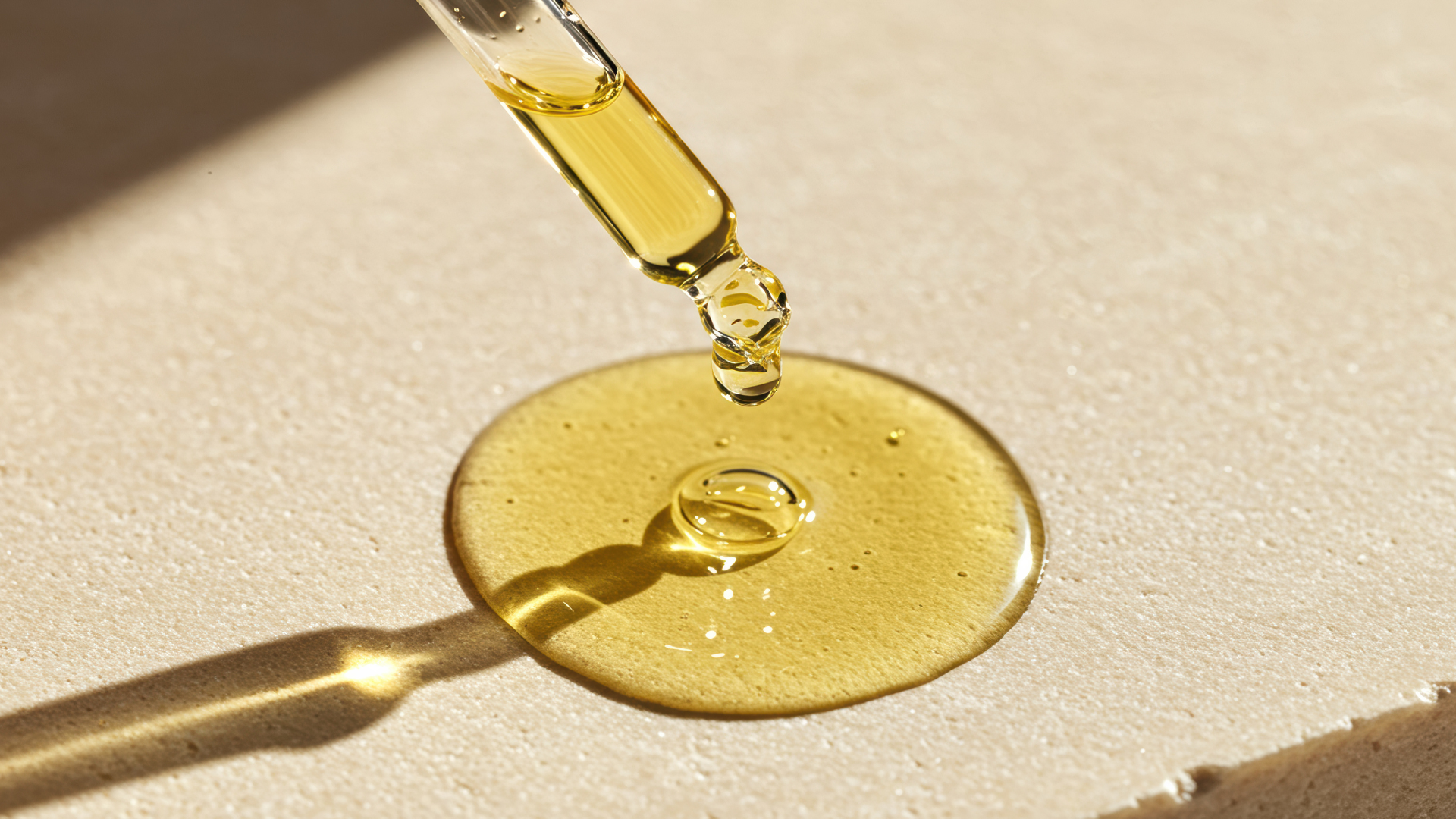The European Commission issues its final opinion on the use and presence of tea tree oil. The European Scientific Committee on Consumer Safety (SCCS) has confirmed the maximum concentrations for safe use in four categories of cosmetics for adults only and has identified new considerations related to ingredient stability and updated ISO standards.
On November 14, 2025, the SCCS, following the same line as in the draft published last June, has released the final opinion on the debate opened more than a year ago and has introduced notable clarifications. The committee has concluded that TTO can be safely used as an ingredient with anti-seborrheic and antimicrobial properties at concentrations of up to 2.0% for shampoo, 1.00% in shower gel, 1.0% in facial cleanser, and 0.1% in facial creams, provided that the oil complies with the specifications of ISO 4730:2017 and that they are normally used only in adults, and in non-aerosolized formats to avoid inhalation exposure.
The SCCS has also reiterated that tea tree oil is a moderate skin sensitizer and points out the absence of stability data, highlighting that the oil is susceptible to degradation by light, heat, air, and humidity. What the SCCS wants to warn about at this point is that this ingredient could cause some skin sensitivity, such as irritation in some cases. Furthermore, the European Commission body points out that they do not have studies proving how long it remains stable over time and warn that it is possible that it degrades easily if exposed to light, heat, or if in contact with air and in humid environments.
On the other hand, the environmental impact of the tea tree is not included in this report because it falls outside the scope of the SCCS's evaluation.
Tea tree oil is among the main ingredients in many cosmetic products worldwide, indicating its acceptance in many international markets.
What has the process been chronologically?
In February 2024, ECHA's Risk Assessment Committee (RAC) proposed classifying tea tree oil as toxic for reproduction. In August 2024, the European Commission received a request to assess the safety of tea tree oil as an anti-seborrheic and antibacterial agent in cosmetics, and SCC was commissioned to carry out a safety assessment.
A draft on tea tree oil was released on June 6, guaranteeing its safety as an anti-seborrheic and antimicrobial agent in shampoo, shower gel, rinse-off facial cleanser, and facial cream at the same concentrations as those in the final opinion.
